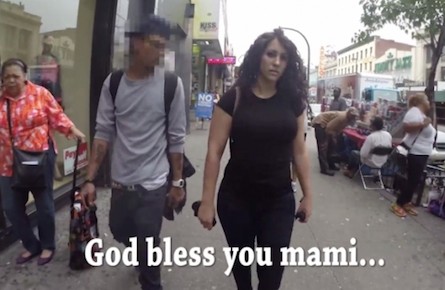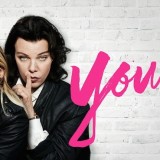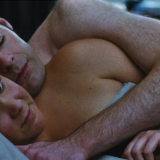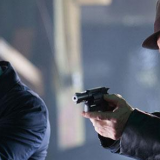Most of you probably already know about the Hollaback video of the woman walking down a New York City street and receiving more than 100 catcalls in ten hours. I’m familiar with that type of situation (though it’s been a while since I experienced it personally, fortunately), and yet I still found the footage shocking and appalling. The sheer number of comments she receives, in addition to what they say and how they say it. Even the lack of comments is frightening: at one point a man walks along side her, not saying anything, for a good five minutes. It’s pretty scary.
Some “pundits” feel that it’s not sexual harassment, because these men are simply complimenting the women, and that women would, or should, be grateful to receive these compliments. All women want to be told they’re beautiful, one clueless idiot said. Unfortunately, not all these pundits are men, either. There are some women, on Fox News for example, who just say “men will be men, what can you do,” and then participate in their own body-shaming rituals and express disappointment if they’re not catcalled.
While I disagree with these comments, I have to confess that I find a kernel of truth to it. I’ve always been one to seek validation from others (hence this blog, a little). I started as a performer, a dancer in fact, which means that I used my body to express myself and hoped for people to respond positively, essentially to what I did with my body. Hopefully they were impressed at the skill and technique I showed at doing something they’re not able to do, and didn’t just whistle at my appearance.
That’s not to say that all performers or artists get into their profession because they’re seeking approval. Most do it because they love to dance, or sing, or act, or whatever they do that is their passion. But I do think that need for validation is true for many of us. As Roxie Hart says, “that’s cause none of us got enough love in our childhoods, and that’s showbiz, kid.”
But of course that’s a very different situation, and that’s one of the major differences here. If you’re performing, you are putting yourself—your talent and your ability—on display for others to see and hopefully appreciate. In that case, you want people to express their appreciation. Their appreciation for your skill and expertise. Even models, largely celebrated for their looks, have skill and expertise.
Women who are harassed and catcalled on the street are not there for your pleasure. They’re not trying to perform for you, and they’re certainly not asking for your approval. They’re not even in a bar or a social situation where they could have a friendly interaction with another person. They’re simply trying to get to work, go about their own private business, and live their lives. It’s not up to you to compliment them or even be friendly to them. If we want your advice or approval, we’ll ask for it.
While searching for videos for a Halloween project I’m working on, I came across the trailer for the 1989 Batman movie and found it contains the perfect response to street harassment or catcalling. It so completely and succinctly sums up one of the major issues here.







[…] marches, I had the idea of creating a video to go with the audio. I started working on it a little last year, but I started it kind of late and didn’t have enough time to finish it before Halloween, so […]